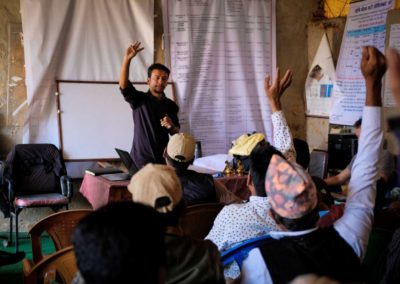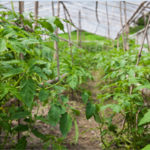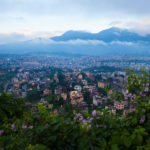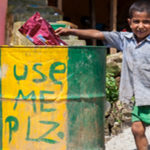Current Situation
- In 1980, 9 in 10 people were engaged in agriculture.
- More than one-fourth of Nepal’s land is cultivable.
Nepal is an agricultural country, and yet farmers have not been able to make the most out of their hard work and perseverance. Farmers in Nepal lack the knowledge and experience when it comes to sustainable and correlated farming. They have been following traditional means of agriculture and animal rearing.
Although new agricultural technologies and the use of chemical fertilizers and pesticides have helped increase food productivity, the lack of training and support systems for farmers has contributed to the random use of these chemicals, resulting in degraded soil fertility and negative impacts on the health of the Nepalese people. Not having a well-organized support systems and programs for farmers, as well as problems in obtaining supplies, inhibited progress towards sustainable food production.
Project Goal
VIN aims to ensure sustainable food production by practicing sustainable farming. By 2030, we hope 60% of targeted communities have knowledge and skill on sustainable ways to increase production.
Promotion of permaculture supports no poverty (SDG 1), zero hunger (SDG 2), responsible consumption and production (SDG 12) and climate action (SDG 13).
Project Description
VIN’s Permaculture project focuses on harmonious, sustainable and productive farming approaches to improve the lifestyle of farmers as well as the health of consumers. It also encourages healthy farming practices while enhancing the wellbeing of present and future generations. The project commenced at the end of 2018 with the goal of restoring the ecosystem in the years to come. The project trains and assist farmers in designing the farm based on the permaculture principles – cultivating crops, weeding, irrigating etc.
As of 2020, VIN’s Permaculture Project has been able support 435 farmers in back warded communities of Nepal.
Gallery
Research/Reports
To know more about Permaculture in Nepal, please visit the reports below:
Permaculture: A Key Driver for Sustainable Agriculture in Nepal – By Devashish Bhandari and Bishal Bista
Permaculture Implication in a Nepalese Context – By Utsala Shrestha






